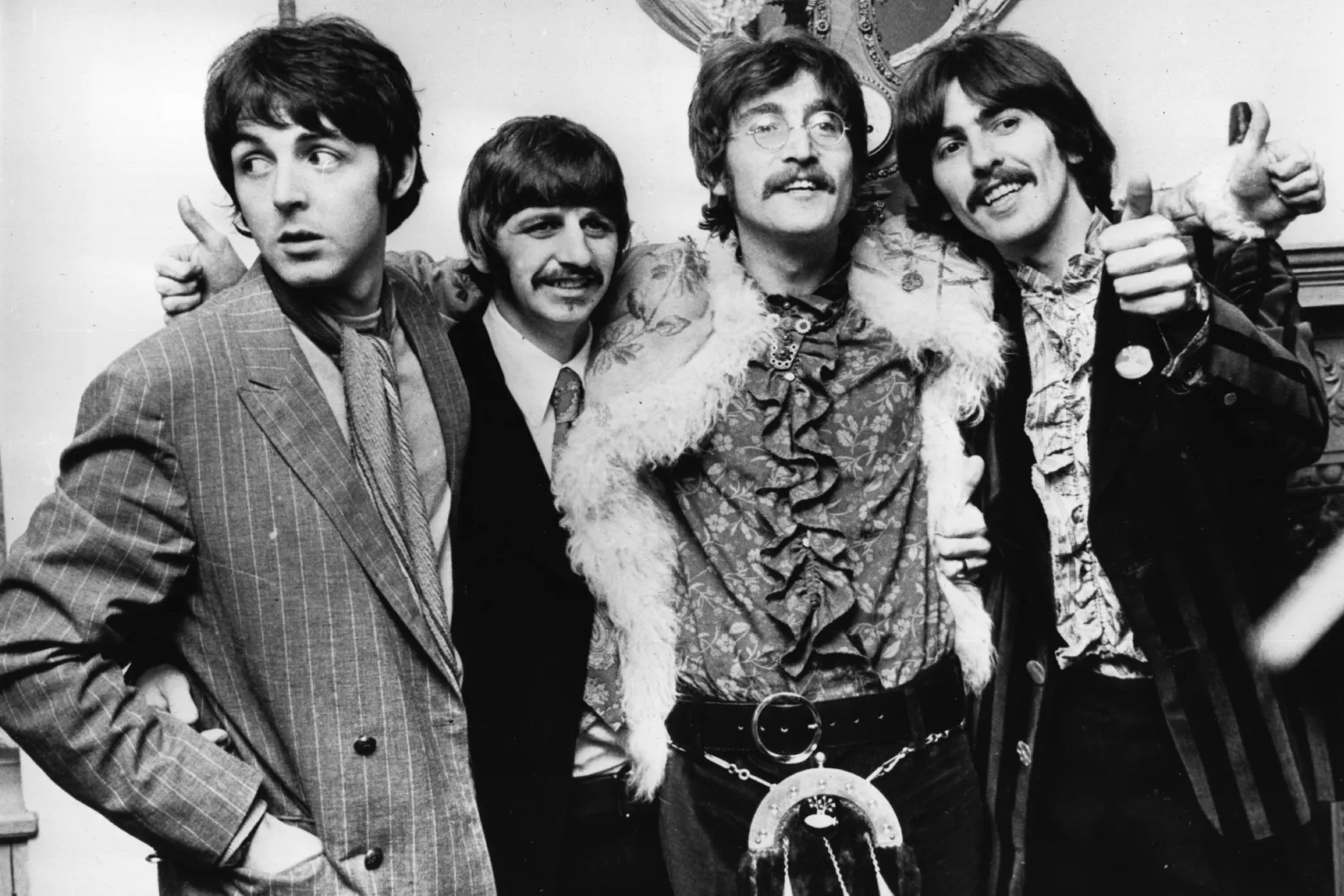In contrast to his fellow Beatles, Ringo Starr faced a longer journey to integrate into the band and establish his musical presence. Surprisingly, even after his full incorporation into the group, there were instances where he did not contribute his drumming skills to some of The Beatles‘ major hits. Factors such as musical ability, interpersonal conflicts, or temporary departures played a role in Ringo’s absence from the drum kit on certain tracks.
Upon joining the band initially, Ringo faced exclusion from the final version of ‘P.S. I Love You’ due to difficulties in grasping the correct tempo. Producer George Martin opted for a session drummer to refine the rhythm, leaving Ringo with maracas. Despite this setback, he is credited as the drummer on the record, but the experience left him fearing a fate similar to his predecessor, Pete Best.
Ringo’s pivotal role in The Beatles’ success became evident during the recording of ‘Back in the U.S.S.R.’ An argument with McCartney over a drum fill led Ringo to storm out of the studio. McCartney, Lennon, and Harrison stepped in, each contributing parts that were later layered together to complete the song. The process underscored the band’s reliance on Ringo.
In 1968, when Starr briefly left the band, Lennon, McCartney, and Harrison urgently sought his return, composing a heartfelt letter during the tumultuous recording of The White Album. During Ringo’s absence, the trio recorded ‘Dear Prudence.’
‘Martha My Dear’ witnessed McCartney’s experimental spirit as he recorded all musical parts, including drums, testing his abilities and temporarily sidelining Ringo. Similarly, John Lennon’s enthusiasm during the recording of ‘The Ballad of John and Yoko’ led him to handle the drumming duties, with McCartney stepping in to cover for the absent Harrison and Starr.
The Beatles’ versatility played a crucial role in ensuring the continuity of their music during Ringo’s occasional absences. Without this adaptability, some of their most cherished songs might never have come to fruition.
